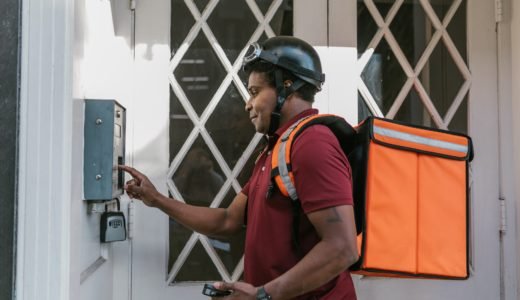Starbucks must pay workers for off-the-clock tasks, says Supreme Court
A landmark court ruling in a wage theft case against Starbucks could signal changes for employers throughout California. Starbucks can no longer avoid paying employees for time spent on performing tasks outside their regular work hours.
Former shift supervisor Douglas Troester filed a class action lawsuit against Starbucks in 2012. Troester said he and other employees were often required to set the store alarm, put away chairs, lock the door and complete other similar tasks after clocking out each day. He spent up to 10 minutes on the tasks each day, which added up to nearly 13 hours of unpaid work during his 17 months at Starbucks. The lawsuit claimed Troester missed out on more than $100 of pay during that time.
In 2014, a federal judge ruled in favor of Starbucks. The case was dismissed based on a federal wage law that says employers are not required to pay employees for working extra minutes beyond their regular daily hours as the time would be difficult to record. The California Supreme Court took on the case after Troester appealed. The court decided that the federal standard did not apply under California labor laws.
Under state law, employees should be paid for any time they spend on tasks at their workplace outside their normally scheduled hours. “$100 is enough to pay a utility bill, buy a week of groceries or cover a month of bus fares,” Justice Goodwin Liu wrote, adding that the so-called nominal amounts of money hold value for “many ordinary people who work for hourly wages.”
The ruling applies to thousands of current and former Starbucks workers throughout the state. It could also force many California companies to change their employment practices, particularly restaurants and retailers that employ hourly workers. Failure to do so could result in more wage theft lawsuits.
Read more
Former Oakland Police Chief Wins Wrongful Termination, Whistleblower Case
A jury determined that Oakland Police Chief Anne Kirkpatrick was wrongfully terminated in retaliation for complaining about departmental misconduct. She was fired in 2020 after blowing the whistle on alleged corruption by…
Bay Area Care Homes Fined For Unpaid Overtime and Other Wage Violations
Workers should be paid for all hours worked, including any overtime pay they have earned. When an employer fails to pay overtime properly or at an incorrect rate, they can be held…
Zendesk Accused of Gender Discrimination Against Women Tech Workers
A Bay Area tech company is facing two lawsuits for allegedly fostering a work culture of harassment and gender discrimination. Both lawsuits were filed in the Superior Court of California in San…
DoorDash Workers in San Francisco to Receive 5.3 Million Dollar Settlement
A lawsuit between DoorDash and the city of San Francisco has been resolved with a $5.325 million settlement. The food delivery company was accused of misclassifying workers and not paying them certain…
SEEN ON






